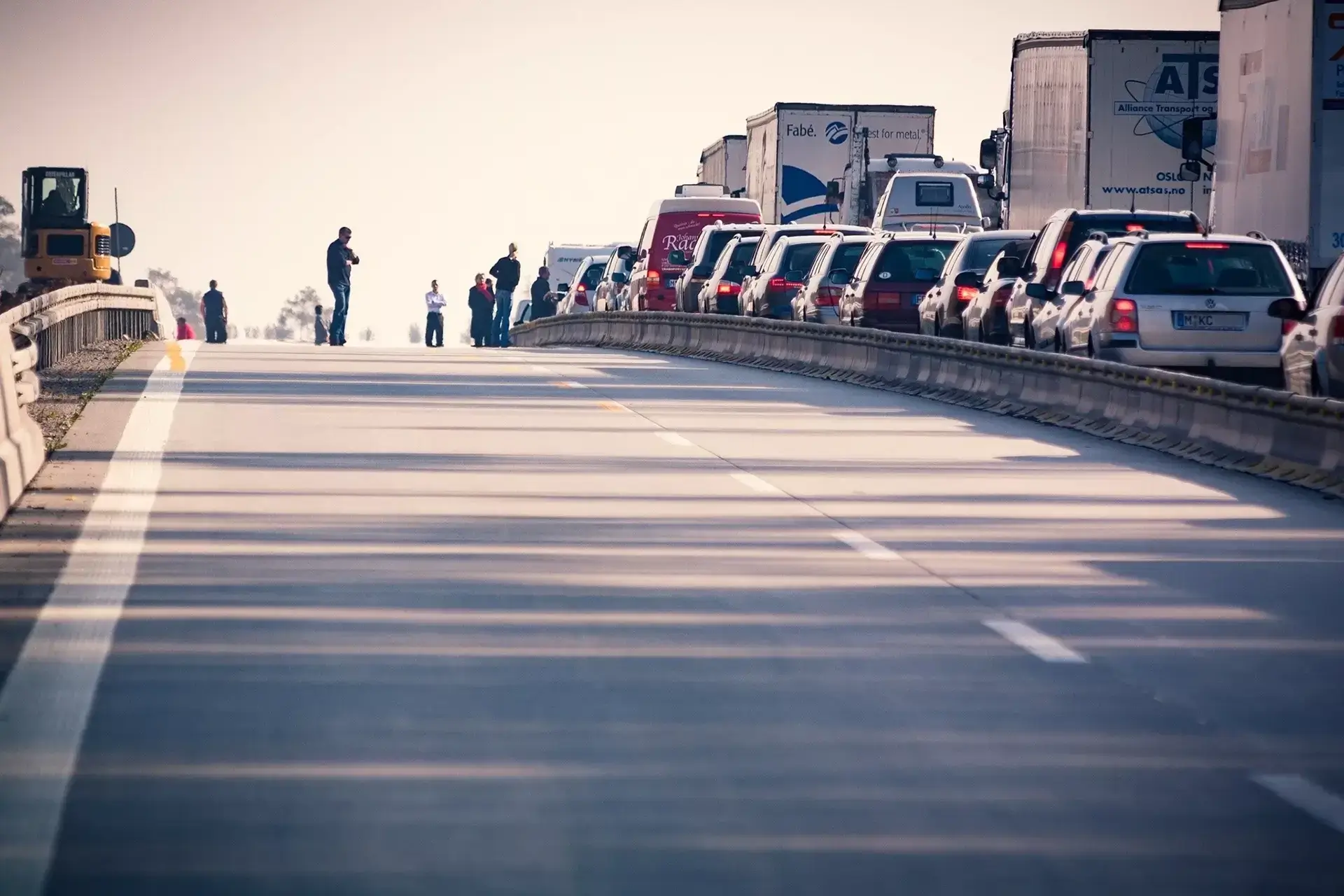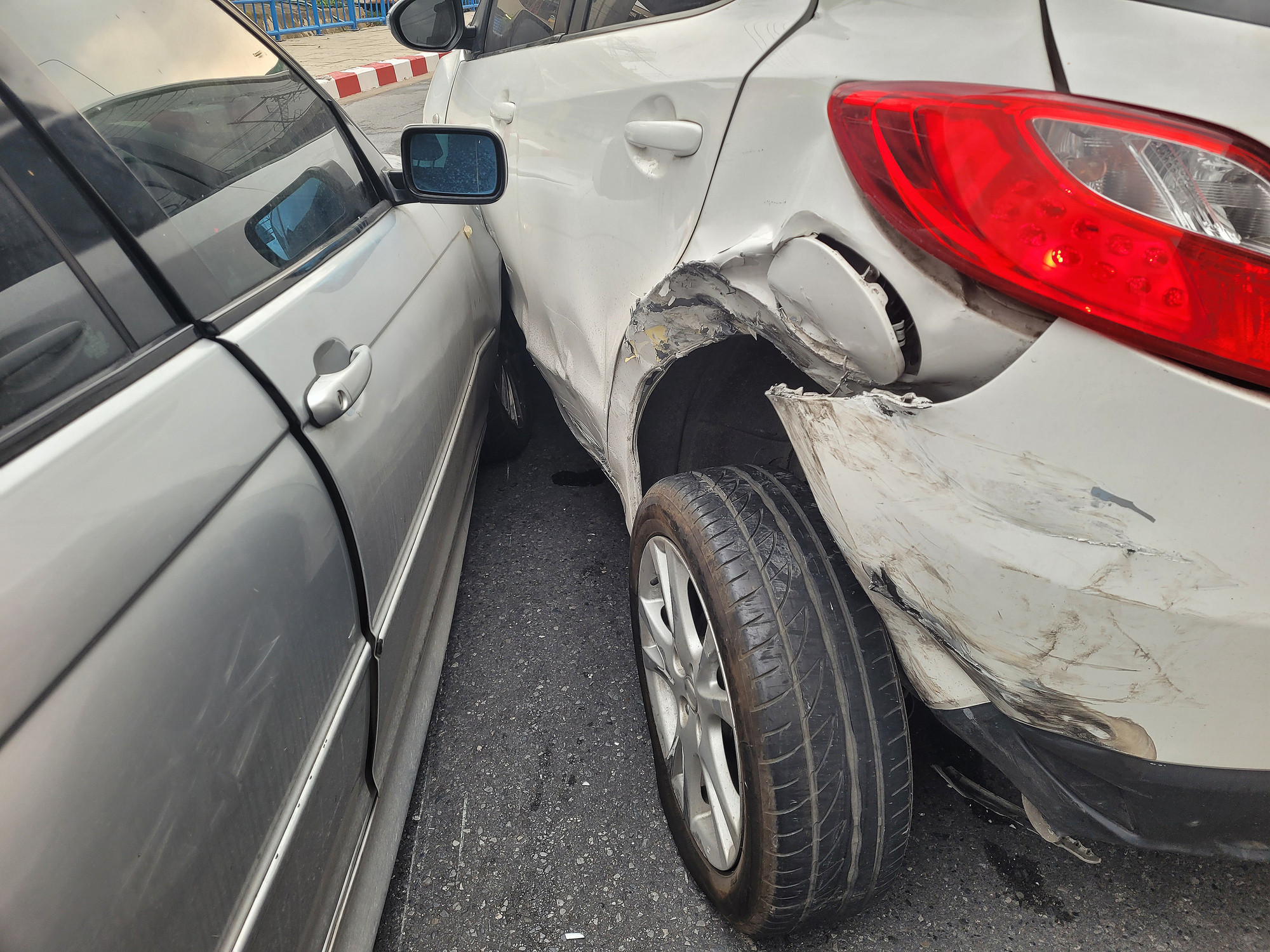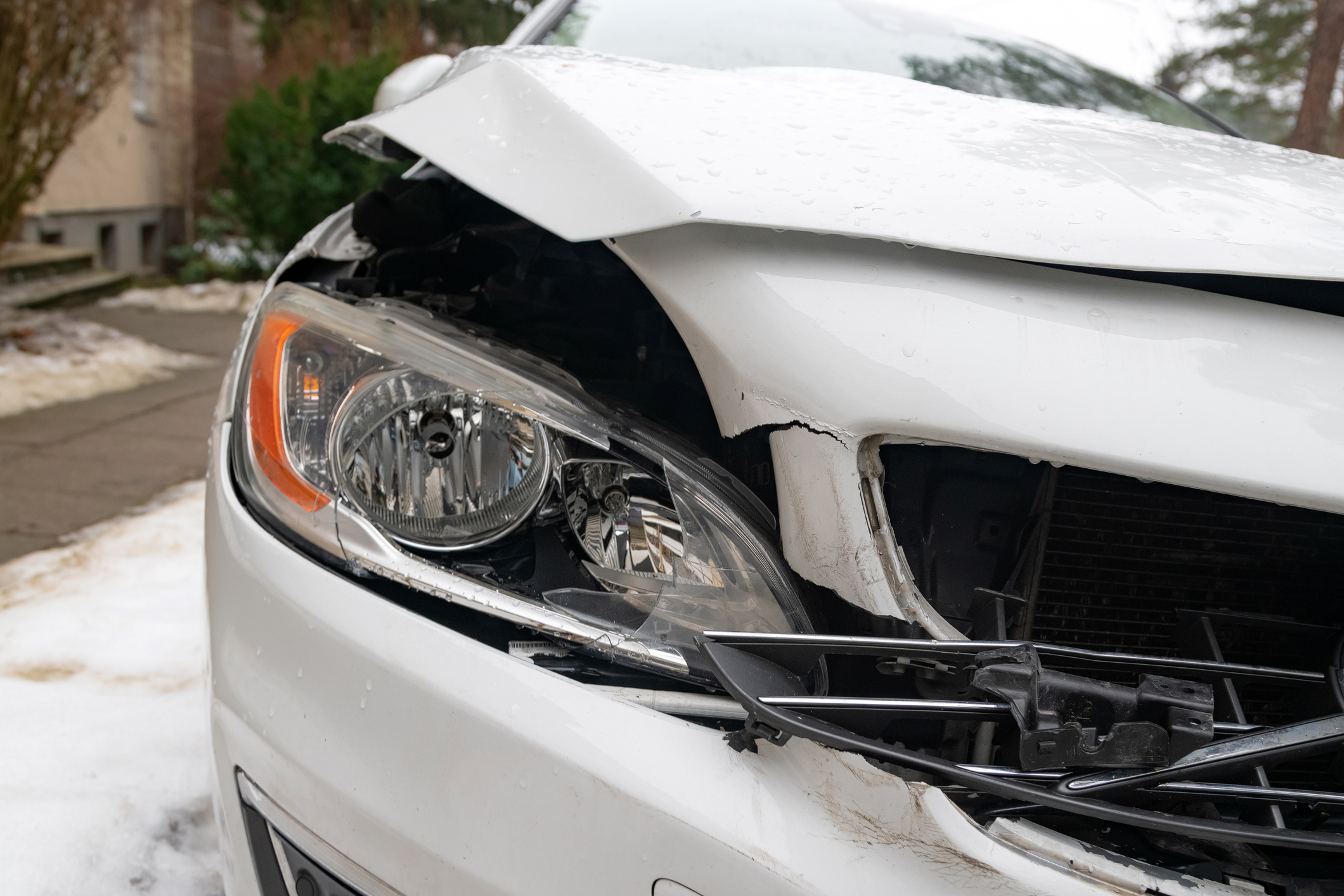If you’ve been involved in a car accident in Kansas, you likely have a lot on your mind. How will you pay to get your car fixed? Who will take care of the bills while you’re out of work? Do you need to sue the other driver’s insurance company? Didn’t your neighbor say they knew a lawyer? Your neck is hurting…
Don’t worry. Bretz Injury Law is here to answer all of your questions. We have secured more than $300 Million in verdicts and settlements for our clients, and we’re ready to help you through this often frustrating process. We’ll touch on the questions posed above, but first, let’s talk about how important evidence will be to your case.
1. Understanding the Importance of Gathering Evidence After a Car Accident
Gathering evidence after an accident is an important first step in determining the cause and who is at fault in car accident claims. Evidence collected could potentially protect you from any legal repercussions or help you file a successful insurance claim. It is also important to document the scene of the accident and any injuries that may have been sustained.
Accidents happen every day in Kansas, and gathering evidence can be the difference between a successful claim for compensation and a long, drawn-out legal battle. Evidence collected at the scene of an accident can include photographs of the collision, witness statements, diagrams, or video recordings. It is important to document the conditions of the road, the position of the vehicles, the speed of the vehicles, and any weather conditions that may have been present at the time of the accident. You will want to obtain the crash report from the police department that worked the crash as it will contain information that is vital to your case.
Witness statements are an essential part of gathering evidence. Witnesses can provide valuable information about the accident and offer testimony on who may have been at fault.
Having evidence to support your injuries can ensure you’ll receive the full amount of compensation you are entitled to. It can also help prove that the injuries were a direct result of the accident. Photos, medical records, and doctor’s notes are all crucial pieces of evidence to have when making a claim.
After you have gathered evidence, call the experienced Kansas accident attorneys at Bretz Injury Law for a free case evaluation on how you can get compensation for medical bills and lost wages, and to protect your family’s future.
2. Understanding Fault and Liability in Kansas Car Accident Claims
If you live in the state of Kansas and own a car, it is unlawful to not have automobile insurance. Kansas car accident laws require that all vehicles have liability insurance of at least $25,000 for bodily injury per person, $50,000 for total bodily injury, and $10,000 for property damage. This type of insurance covers the costs of medical bills and repairs if you cause an accident.
Kansas also requires personal injury protection (PIP) insurance, also known as “no-fault” insurance, which pays for medical bills and lost wages immediately after an accident. This type of coverage is mandatory in Kansas and drivers are required to have a minimum of $4,500.
Fault is the legal term used to describe who caused the accident and who is responsible for the resulting damages. Fault is determined by a variety of factors, including the type of accident, the circumstances of the accident, and the behavior of each driver involved. In Kansas, fault is typically determined by the legal doctrine of comparative negligence, which means that both parties can be held responsible for the accident, depending on their degree of fault.
Liability is the legal term that describes who is responsible for paying for the damages caused by the accident. In Kansas, liability is generally determined by the fault of each party involved. If one party is found to be more at fault than the other, they can be held liable for all or part of the damages. There are certain exceptions to this rule, such as when a driver is determined to be grossly negligent.
3. Understanding How No-Fault Car Insurance Works
No-fault car insurance is a type of auto insurance coverage that is required by law in the state of Kansas. It is designed to provide reimbursement for medical expenses and lost wages that result from an auto accident, regardless of who is at fault. No-fault insurance is also referred to as Personal Injury Protection (PIP) coverage.
No-fault insurance is designed to provide financial protection if you are injured in an auto accident. It is important to understand the coverage limits and exclusions of your policy so that you can be sure you are adequately protected. If you’ve been in an accident and need help understanding if your no-fault policy is up-to-date and meets your needs, contact the personal injury attorneys at Bretz Injury Law for a free insurance review.
4. Understanding Caps on Kansas Non-Economic Damages
Caps on non-economic damages in Kansas seek to limit the amount of money a victim can receive when they are hurt due to another’s negligence. Non-economic damages are damages that are difficult to quantify, such as pain and suffering, emotional distress, and loss of enjoyment of life.
In Kansas, the maximum amount of non-economic damages a victim can receive is $250,000. This cap applies to each person in a single lawsuit but is limited to a total of $350,000 for all claims arising from an incident. This means that if multiple people are injured in the same accident, the total non-economic damages paid out cannot exceed $350,000.
5. Knowing When It’s to Call a Personal Injury Attorney
If you have been involved in an accident, it is important to call a personal injury attorney as soon as possible. The sooner you speak to an experienced Kansas lawyer, the better your chances of obtaining the most money for your settlement. The Insurance Research Council did a study and found people who hire a personal injury attorney obtain a 3.5 times higher settlement than those who don’t.
At Bretz Injury Law, we excel in car, motorcycle, and truck accident claims. Your attorney can help you identify all of your legal rights and options and provide advice and guidance on how to proceed in your case.
In Kansas, the statute of limitations is two years from the date of the accident. After this period has passed, it is very difficult to file a claim for your damages. There are few exceptions, so it’s important to act fast. Contact us today for an evaluation of your accident case.





